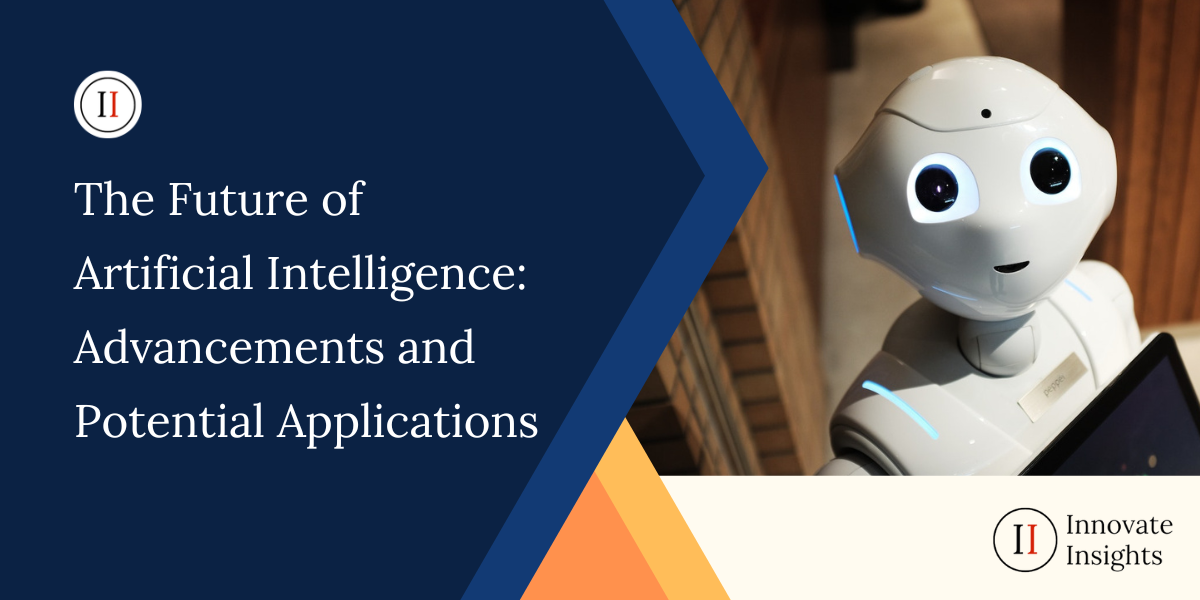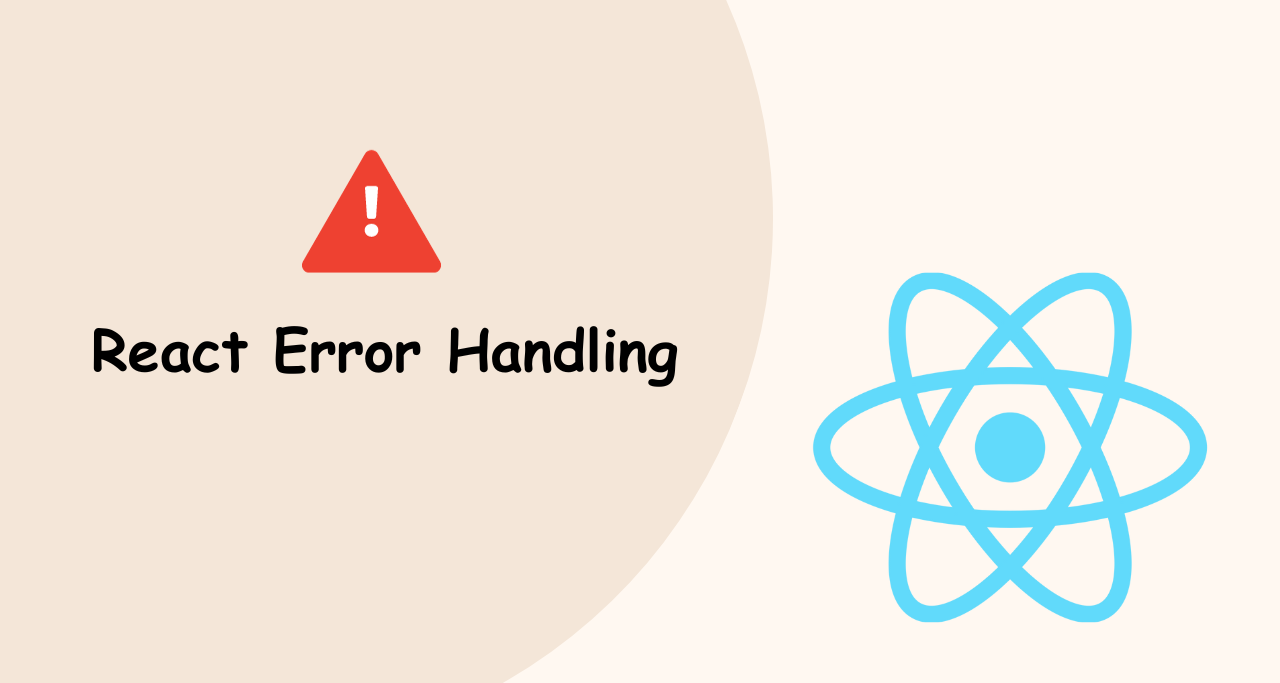Artificial intelligence (AI) is a transformative technology that is rapidly changing the world we live in. It is a field of computer science that focuses on creating intelligent machines that can learn and make decisions on their own, without the need for human intervention.
With advancements in AI, the potential applications of this technology are limitless, and its impact on various industries is significant. In this article, we will explore the future of AI, its advancements, and its potential applications.

Advancements in AI
The advancements in AI have been significant in recent years. With the increase in computing power and the availability of big data, AI has become more accessible and powerful. There are various types of AI, including machine learning, deep learning, and natural language processing, among others.
Machine learning, for example, involves creating algorithms that can learn from data and improve over time. Deep learning, on the other hand, involves creating artificial neural networks that can simulate the way the human brain works.
One of the most significant advancements in AI is the development of neural networks. Neural networks are computer systems that are designed to recognize patterns in data. They are modeled after the structure of the human brain and can be used for a wide range of applications, including image recognition, speech recognition, and natural language processing.
Another significant advancement in AI is the development of chatbots. Chatbots are computer programs that are designed to simulate conversation with human users. They are becoming increasingly popular in customer service, where they can help customers find answers to their questions and solve problems.
Potential Applications of AI
AI has the potential to revolutionize various industries. In healthcare, for example, AI can be used to improve patient care and reduce medical errors. AI-powered tools can help doctors diagnose diseases more accurately and provide personalized treatment plans for patients. AI can also be used to analyze large amounts of patient data to identify patterns and improve healthcare outcomes.
In finance, AI can be used to improve fraud detection and prevent financial crimes. AI-powered tools can analyze large amounts of data to identify suspicious activity and alert authorities. AI can also be used to improve investment strategies and provide personalized financial advice to individuals.
In transportation, AI can be used to improve safety and efficiency. Self-driving cars, for example, are becoming increasingly popular, and they have the potential to reduce the number of accidents caused by human error. AI-powered traffic management systems can also be used to reduce congestion and improve the flow of traffic.
Ethical Considerations and Challenges
Despite the potential benefits of AI, there are also ethical considerations and challenges associated with this technology. One of the major concerns is the potential for AI to replace human jobs. As AI becomes more powerful, there is a risk that it could automate many jobs that are currently done by humans.
Another concern is the potential for AI to be biased. AI algorithms are only as unbiased as the data they are trained on. If the data used to train an AI system is biased, the system itself will be biased. This can lead to discrimination and other ethical concerns.
Privacy is also a concern when it comes to AI. AI systems are designed to collect and analyze large amounts of data. This data can include personal information, and there is a risk that it could be misused or stolen.
Conclusion
The future of artificial intelligence is exciting and full of potential. With advancements in AI, the possibilities for its applications are limitless. From healthcare to finance to transportation, AI has the potential to revolutionize various industries and improve our lives. However, it is important to consider the ethical considerations and challenges associated with AI. As we move forward, it is essential that we ensure that AI is developed and used in a responsible and ethical manner, for the benefit of all.




